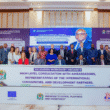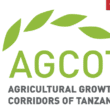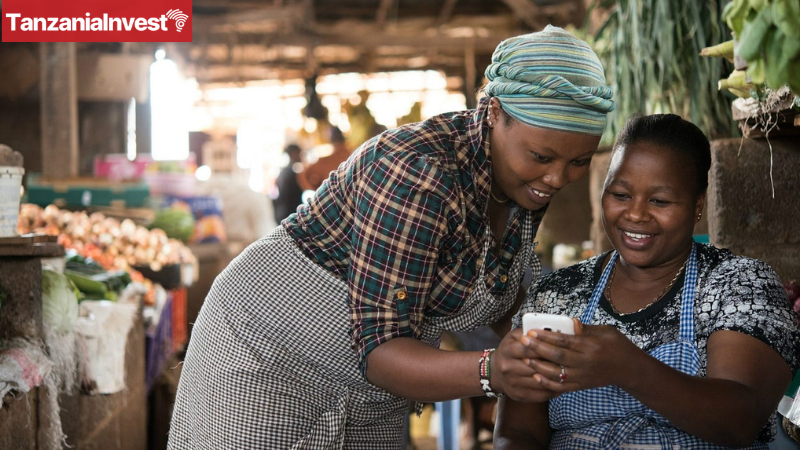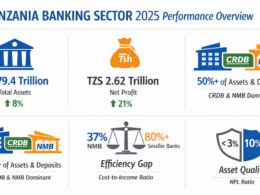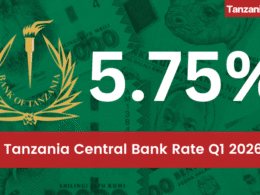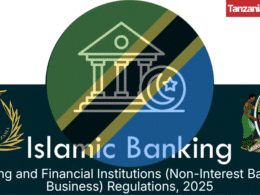On 24th September 2024, the Bank of Tanzania (BoT) published the Guidance Note on Digital Lenders Under Tier 2 Microfinance Service Providers, 2024 to strengthen oversight of digital lending operations conducted by Tier 2 microfinance institutions across the country.
Issued in August 2024, the new Guidance Note aims to ensure that digital lenders comply with key financial consumer protection standards.
These regulations focus on critical areas such as transparency in lending, fair pricing, responsible debt collection practices, protection of personal data, and safeguarding customer privacy.
In its Guidance, BOT explains that the microfinance sub-sector in Tanzania is experiencing significant growth with the rise of digital loan services, driven by technological advancements and the demand for quick and streamlined credit with fewer procedures.
These digital microfinance services have positively impacted financial inclusion and economic development.
However, the rapid growth of digital loans has also introduced challenges, including excessive fees and interest rates, abusive debt recovery practices, inadequate identification of service providers, data privacy issues, and harassment through messages and other communication methods demanding payment.
The challenges have led to significant issues, including consumer protection concerns, market instability, financial vulnerability, and damage to the credibility of the microfinance sub-sector.
Thus, the Guidance aims to ensure adherence to consumer protection principles by reducing abusive lending practices and improving transparency in the digital lending market.
Additionally, it seeks to bolster the industry’s reputation, build consumers’ confidence, and ensure a secure environment for both borrowers and lenders within the digital microfinance sector.
Failure to comply may lead to severe consequences, including administrative penalties, suspension of digital lending operations, or the revocation of their Tier 2 microfinance business licenses.
Tier 2 & Digital Microfinance Service Providers in Tanzania
Tier 2 microfinance service providers are non-deposit-taking institutions that primarily offer loans without accepting deposits. In Tanzania, digital lenders are classified under Tier 2 Microfinance Service Providers.
They play a crucial role in enhancing financial inclusion by providing credit to underserved populations, including small businesses and low-income households.
However, the lack of stringent regulatory oversight has led to issues such as predatory lending practices and insufficient transparency in loan terms.
The new Guideline follows BOT’s announcement crackdown in June 2024 on unlicensed digital lenders operating in Tanzania.
In accordance with Section 16 (1) of Tanzania’s Microfinance Act 2018, it is an offense to engage in the business of lending without a valid license.




